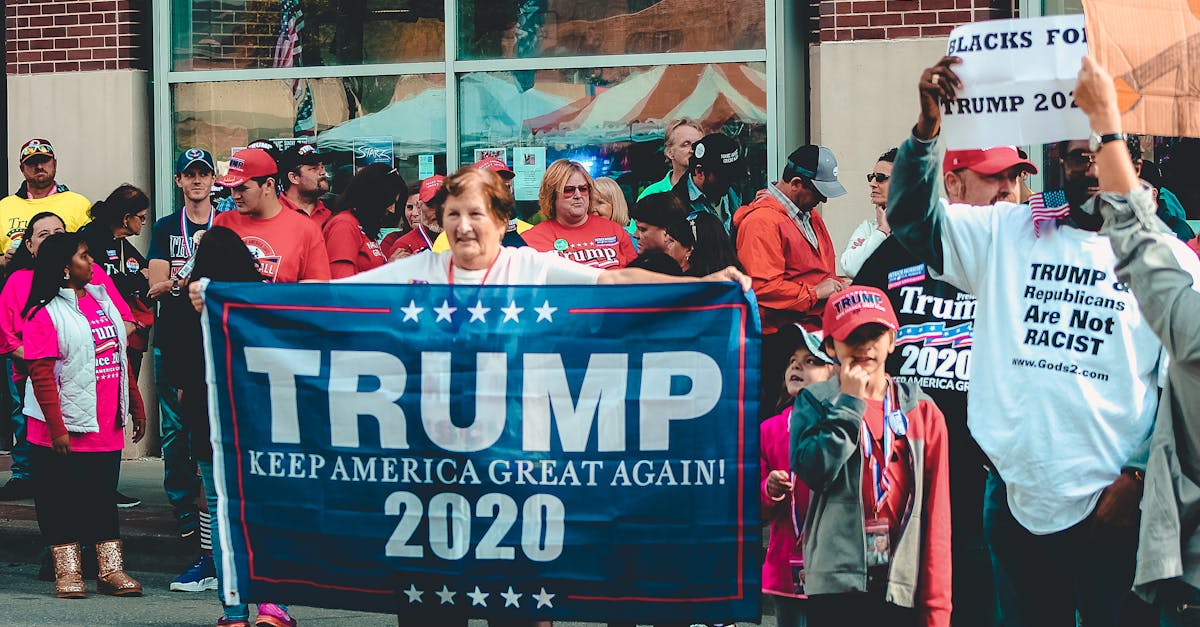
In recent times, the spotlight has shifted towards the subject of teacher unions, unravelling a web of contentious issues and unwanted stories that have permeated both the educational landscape in America and beyond. With a sharp focus on international ramifications and the nuances of this delicate subject, it’s crucial to examine how the narratives surrounding teacher unions have evolved and the potential implications they hold for the future of education.
The intersection of politics and education has long been a point of contention, with debates surrounding teacher unions often taking center stage. In America, teacher unions have historically been a formidable force, advocating for fair wages, improved working conditions, and better educational outcomes for students. However, recent developments have seen a shift in the narrative, with accusations of overreach, inefficiency, and resistance to reform plaguing the reputation of these unions.
Internationally, the discussion around teacher unions takes on a different hue, with varying models and practices influencing educational systems across the globe. While some countries have seen success in collaboration between unions, governments, and educational stakeholders, others have struggled to find a balance that addresses the needs of teachers, students, and society at large.
Sport, a universal language that transcends borders and cultures, has also found itself entangled in the discourse surrounding teacher unions. The impact of these unions on sports education, coaching standards, and overall athletic development cannot be overlooked, as they play a crucial role in shaping the next generation of athletes and sports enthusiasts.
As stories of discord within teacher unions continue to surface, it becomes imperative to navigate the complexities of this issue with a critical eye towards finding common ground and sustainable solutions. Collaborative efforts between stakeholders, transparency in communication, and a commitment to the core principles of education and professional development can pave the way for a more harmonious relationship between unions, policymakers, and the community at large.
In conclusion, the unwanted stories surrounding teacher unions demand a nuanced approach that considers the interconnected nature of education, politics, and society. By engaging in meaningful dialogue, fostering mutual respect, and prioritizing the well-being of students and educators, we can strive towards a future where teacher unions are valued partners in the pursuit of quality education for all.
Through an understanding of the intricate dynamics at play and an unwavering commitment to progress, we can rewrite the narrative surrounding teacher unions, transforming unwanted stories into tales of collaboration, empowerment, and positive change in the realm of education.







Wow, teacher unions, huh? They’re like the superheroes of the education world, fighting for fair wages and better stuff for students
Wow, what a riveting piece on teacher unions! I’m sure everyone is on the edge of their seats waiting to hear more about the entanglement of sports education and coaching standards with the thrilling world of
Ha ha, teacher unions and sports, what a combo! It’s like trying to mix peanut butter and pickles – sure, they’re both great on their own, but together? Who
Oh wow, what a groundbreaking revelation about teacher unions! Who would have guessed they could be so controversial and have such a big impact on education? Definitely not something we’ve heard a million times before. But hey, I’m sure all those accusations of inefficiency and resistance to reform are just baseless rumors, right?
Teacher unions have been a hot topic lately, sparking debates and discussions about their impact on education. It’s crucial to examine how these unions have evolved and their implications for the future. The intersection of politics and education is often contentious, with accusations of overreach and
teacher unions play big part in educaion and politics. they do lots good but also have some problems. imporant for everyone to work together and find
Hey! Why are we talking about teacher unions now? What about the students’ education? They should be the priority, not all this political drama and power struggles. Teachers are important, yes, but let’s not forget who we’re really doing this for. Let’s focus on making sure our kids get the best education possible without all this unnecessary noise.Get back to the real issue here, people!
The discussion about teacher unions is truly multifaceted, with implications that stretch far and
teacher unions are very important for better wages and better condition for both students and teachers in America and beyond. the unions do
🔥 Ugh, teacher unions! They always causing drama and never getting with the program, am I right? It’s like, we get it, you want fair wages and good conditions, but at what cost
Ha ha, teacher unions sure do make for some interesting drama, don’t they? It’s like a soap opera unfolding in the world of education! But hey, maybe if they all just joined a sports team together, they could work out their differences on the field instead of in the meeting room. Imagine the negotiations happening during halftime! 🏀
Teacha unions is a hot topic recently. International implications, politics, and sport are all tangled up in the discussion. Collaboration is key for success. Valuing students and teachers is a must. Let’s rewrite the narrative! 📚